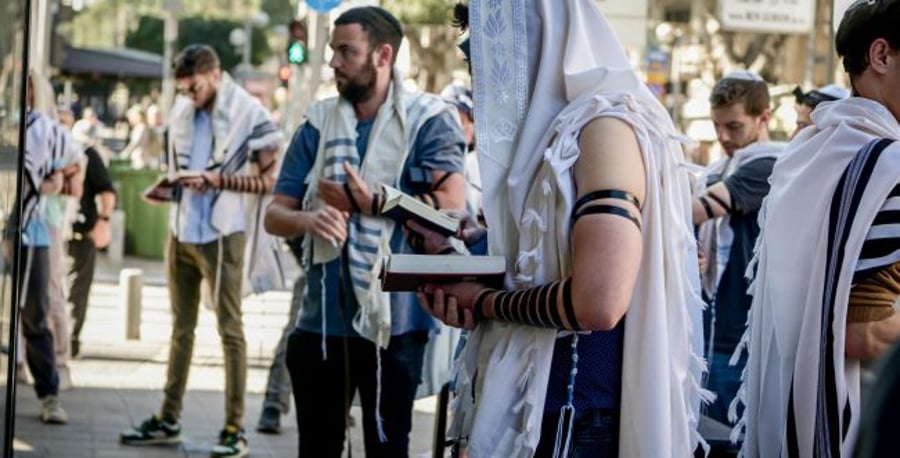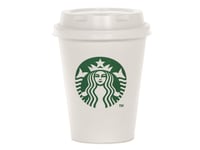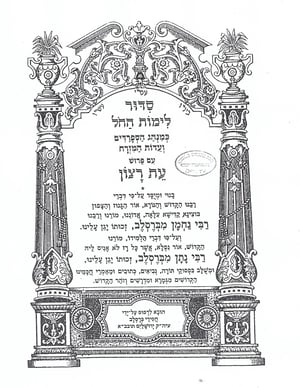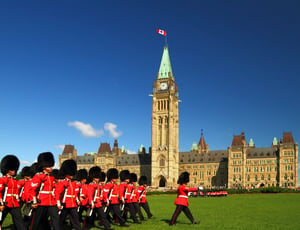
In a few days, Yom Kippur will arrive, along with the extended fast, which raises concerns about the fast itself and what to eat or not eat beforehand in order to ease potential difficulties. As we approach Yom Kippur 5784, Maya Abramovich, a dietitian at the Periodic Examinations Institute and the Intensive Care Unit at Rambam Health Care Campus, offers several tips to reduce the feeling of thirst, which will help those observing the fast to get through it as comfortably as possible.
The first and most important thing is, of course, water! It's important to drink about 10 cups of water throughout the day before the fast, and the same amount of cups on the fasting day itself. It's recommended not to try to consume the entire amount a minute before the fast begins but rather spread your hydration over the days leading up to the fast.
You can also add cold fruit cubes, lemon pieces, mint leaves, and more - it's colorful, interesting, and will encourage you to drink more.
Important to know: Coffee and Coca Cola are not counted in the water intake – drinking beverages that contain caffeine, like coffee, Coca Cola, and energy drinks, can lead to fluid loss from the body and a feeling of thirst. Therefore, it is recommended to start reducing caffeine intake about 3 days before the fast, which may also help you avoid headaches on the fasting day. Alcohol can also cause dehydration and thirst, so it is advisable to avoid it before fasting.
Less salt, spices, and sugar - highly seasoned and salty food will increase the feeling of thirst. Therefore, it's important to reduce the use of salt, many spices, soup powders, and sauces. Sweets can also cause thirst. So, save the indulgence for after the fast, and when you break the fast, treat yourself to tea and a slice of cake or bread with sweet spread.

















